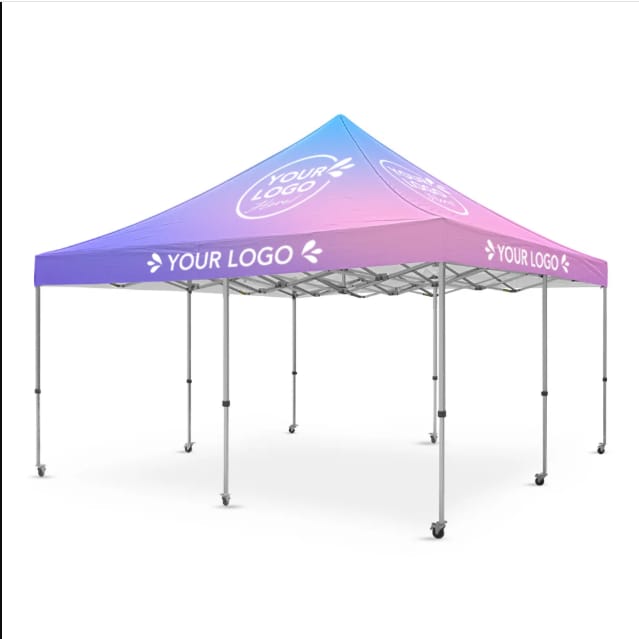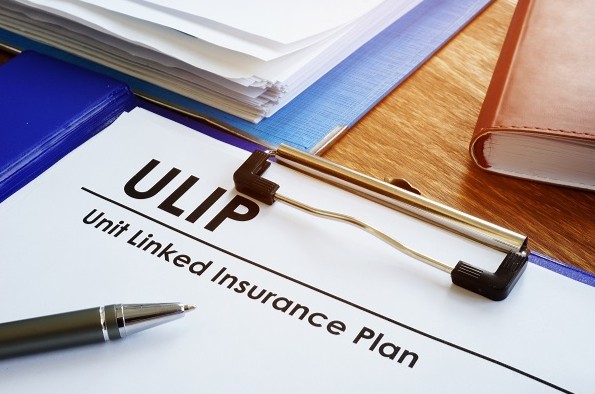
Every landlord is legally obliged to pay tax on his rental income. How high the taxes are depending on various factors. One of them is the personal tax rate. It is also crucial to determine whether and which expenses are tax deductible. There are several costs that landlords are allowed to deduct from incoming rental income. They reduce the tax burden and can even lead to negative income. These losses, in turn, can be offset by other types of income. Landlords can save taxes this way, especially in the first few years after purchasing a property.When it comes to rental taxes, it can be a daunting task to understand the ins and outs of the system. The tax code is complex, and with the help of Steuerberatung Vermietung, it can be easier to know what is and isn’t deductible. As a landlord, you are responsible for filing the correct tax returns and ensuring that all your rental income is reported correctly. Therefore, it is always advisable to consult a tax advisor.
What rules apply to private rentals?
Income is generated by renting or leasing a property. As such, they are subject to income tax and must therefore be stated in the tax return. The property with which the rental income is generated plays a subordinate role. It can be renting out a condominium, holiday home or house. However, it is also conceivable to sublet premises in a property you use yourself or to lease an undeveloped plot of land. In addition to the payments made by the tenant, the landlord’s income also includes the apportionable ancillary costs associated with the rental. Therefore, it is always assumed that the respective rent, including heating, is included. Depreciation, running costs and interest payments can be deducted from this. The remaining profit represents the taxable rental income. It becomes problematic when the tax office doubts the landlord’s intention to make a profit. If he cannot prove that his rental income should exceed his expenses in the long term, his actions are considered a hobby. As a result, neither costs nor losses can be claimed for tax purposes.
When does a landlord have to pay sales tax?
Sales tax law treats a person as an entrepreneur if they carry out a sustainable activity to generate income (intention to generate income). This also includes the rental or leasing of real estate. Unlike in the area of income tax, whether this should bring a profit or not is irrelevant. Accordingly, landlords would be treated as entrepreneurs and have to pay sales tax. If you are in a situation where you are unsure of how to report your sales tax, and you are unsure of what deductions you can claim, it is always a good idea to consult a Vermietung Steuerliche Beratung firm. They can answer any questions and provide the necessary information to ensure that you file your taxes correctly.
Short-term leases, garages and parking spaces
However, this regulation only applies to long-term rentals. Income from short-term rental or lease agreements of less than six months is indeed subject to sales tax. Particularities also apply to the rental of garages and parking spaces. If the rental is separate from the living space rental, the landlord must pay taxes. The situation is different if the garage or parking space is rented together with an apartment. Here the income is exempt from sales tax.
Rental of commercial premises
Landlords of commercial premises have a right to vote. You can decide whether you want to be treated as an entrepreneur for tax purposes. The prerequisite is that the rental is designed for a longer period. The tenant, in turn, must be a VAT-registered company. If you are classified as a trader, you must fulfill additional obligations. An increased administrative burden accompanies this. On the other hand, there is a big advantage: landlords can claim the VAT shown in the invoices as part of the VAT return.
Reduce the tax rate for rental income – this is how it works
As a landlord, you can reduce the tax rate on rental income, particularly through income-related expenses and acquisition and production costs. You can also deduct many costs relating to the rental and maintenance of the real estate. This applies, for example, to the maintenance costs for rentals, which are deducted in full as income-related expenses in the year they are incurred. You can also deduct renovation or refurbishment costs. It is important for all advertising and acquisition or production costs with which you want to reduce the tax rate on rental income: Only pay bills without cash and keep all payment receipts to be able to prove the costs to the tax office. The tax office does not accept expenses paid in cash.
What expenses can a landlord deduct from tax?
As part of his tax return, a landlord can claim various costs for tax purposes: depreciation, debt interest and income-related expenses. Each item has its own rules.
Depreciation
The structure of a building wears out over time. To compensate for the resulting reduction in value, landlords can deduct a proportion of the building value or production costs from the rental income over a certain period. This procedure is the so-called deduction for wear and tear.
The Purchase Price As A Basis
The basis for the straight-line deduction for acquisition is the purchase price of the building. In contrast to this, the land value is not subject to depreciation. For this reason, it cannot be written off. To save on taxes, landlords must split their property’s purchase price into a share of the building and a percentage of the land. It is optimal to have the corresponding parts already shown in the notarial purchase contract. This way, disputes with the tax office can be avoided before they arise.
Debt Interest
To finance a property, most landlords use a loan. The resulting costs can be claimed pro rata for tax purposes: In the context of the tax return, the tax office takes at least the interest payments into account. The repayment, on the other hand, is not taken into account. However, the tax advantage is steadily decreasing. This is because the installment of the conventional annuity loan remains the same for the entire term. As a result, the interest component decreases.
Summary
For private landlords, there are some special tax features for rental income. Every landlord has to pay tax on his income from the rental, but it is also possible to deduct related expenses, such as depreciation or interest on debt, from taxation. This is decided on a case-by-case basis and depends on several factors. Therefore, the subject of taxes for landlords is complicated and depends on many factors. When in doubt, it is always advisable to consult a Steuerberatung Vermietung like Weihandl.
Write and Win: Participate in Creative writing Contest & International Essay Contest and win fabulous prizes.


